|
Zambia’s first multiparty elections in 1991 were largely peaceful, while Kenya’s in the following year were marred by large-scale state-instigated electoral violence. Why are some countries prone to experiencing electoral violence, while others remain peaceful during their polls? Johan Brosché, Hanne Fjelde and Kristine Höglund explain how history plays a role.
You hear it every day: America has never been so divided. Political polarisation is at a peak. Historian Gary W. Gallagher of the University of Virginia, a scholar of the Civil War, says that’s just not so.
|
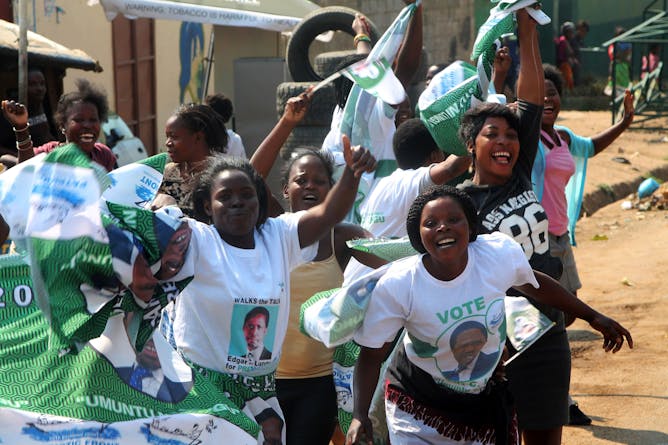
Supporters of Zambia’s president-elect Edgar Lungu in 2016. The country is known for peaceful polls, but this one was marked by clashes.
Dawood Salim/AFP via Getty Images
Johan Brosché, Uppsala University; Hanne Fjelde, Uppsala University; Kristine Höglund, Uppsala University
Political legacies generated during authoritarian rule have a tendency to transcend into the multiparty era.
|
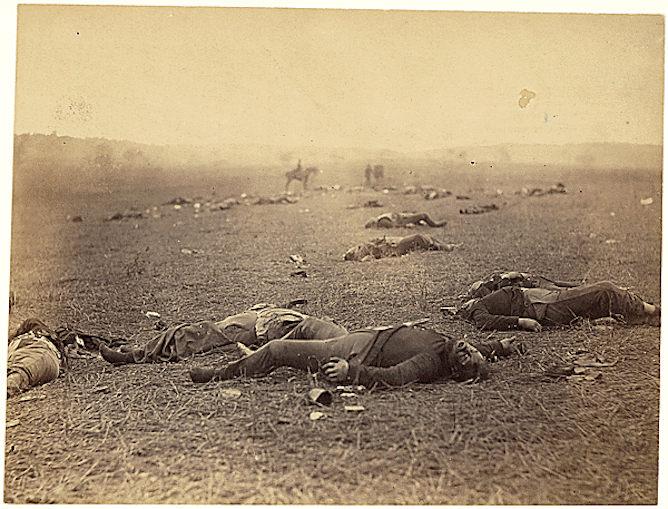
Union dead at Gettysburg, July 1863.
National Archives, Timothy H. O'Sullivan photographer
Gary W. Gallagher, University of Virginia
A growing chorus of people say the US has never been so politically divided. A Civil War historian reminds readers that there was once a far more divided time.
|
Business + Economy
|

Chusu He, Coventry University
Thousands of Chinese producers are at risk of going bust as a result of the outbreak.
| |
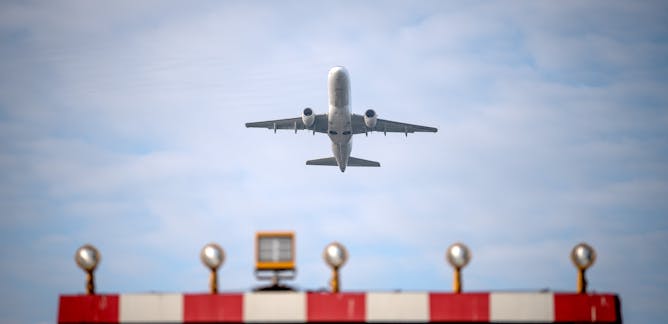
Susanne Becken, Griffith University
We analysed what the world's top 58 airlines – such as American Airlines, British Airways and Qantas – are doing about climate change. Even the best airlines are not doing anywhere near enough.
|
|
|
Politics + Society
|
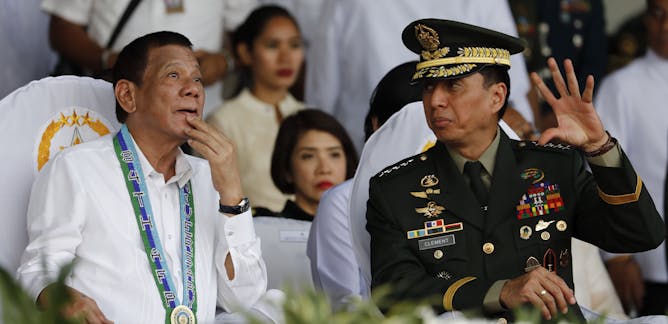
Tom Smith, University of Portsmouth
The US could be losing a key ally to China. But it has less to do with Trump's foreign policy and everything to do with a drug war in the Philippines.
| |
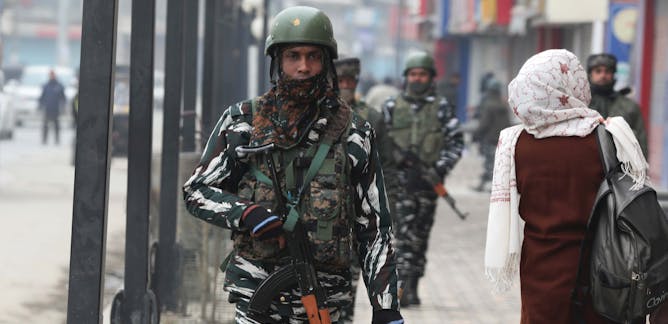
Saloni Kapur, Lancaster University
India has rejected recent offers on mediation over Jammu and Kashmir. But it should think again.
|
|
|
Energy + Environment
|
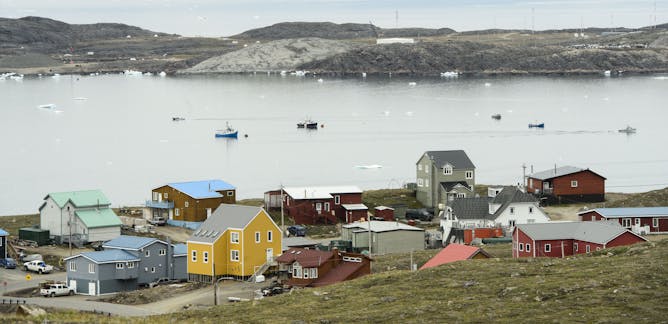
Karen Smith, University of Toronto
New research finds that chlorofluorocarbons (CFCs) and other ozone-depleting substances have boosted the effects of climate change in the Arctic.
| |
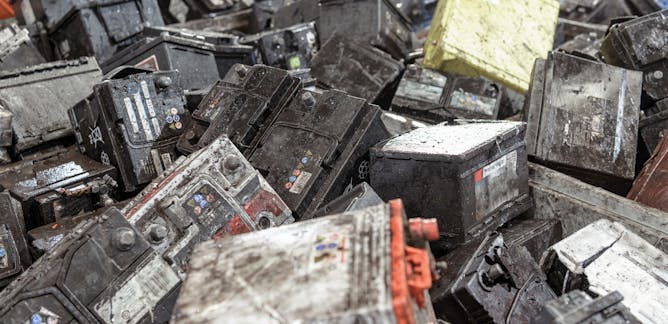
Faridah Hussein Were, University of Nairobi
Unregulated and hazardous lead acid battery manufacturing and recycling plants are often adjacent to residential areas, agricultural and grazing lands.
|
|
|
En español
|
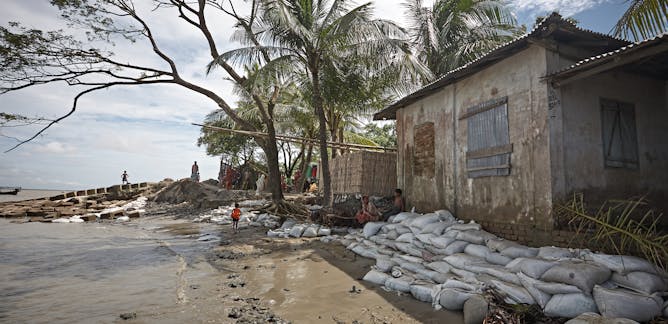
Natalia Ochoa Ruiz, Universidad Camilo José Cela
La decisión de devolver a sus países de origen a los refugiados y desplazados por causas climáticas o por desastres naturales vulnera el derecho a la vida, según la ONU.
| |
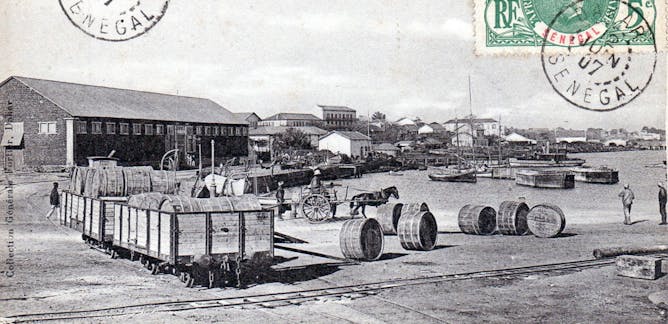
Daniel Castillo Hidalgo, Universidad De Las Palmas de Gran Canaria
La configuración militar de Senegal y la importancia del puerto de Dakar dieron lugar a numerosas operaciones de manipulación de carga. Los estibadores desempeñaron un papel central en este proceso.
|
|
|